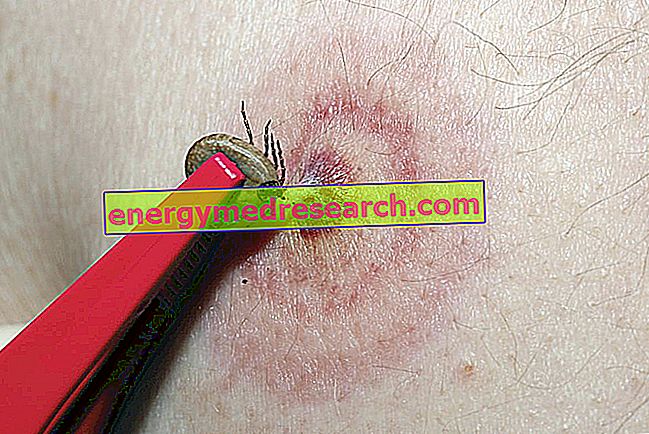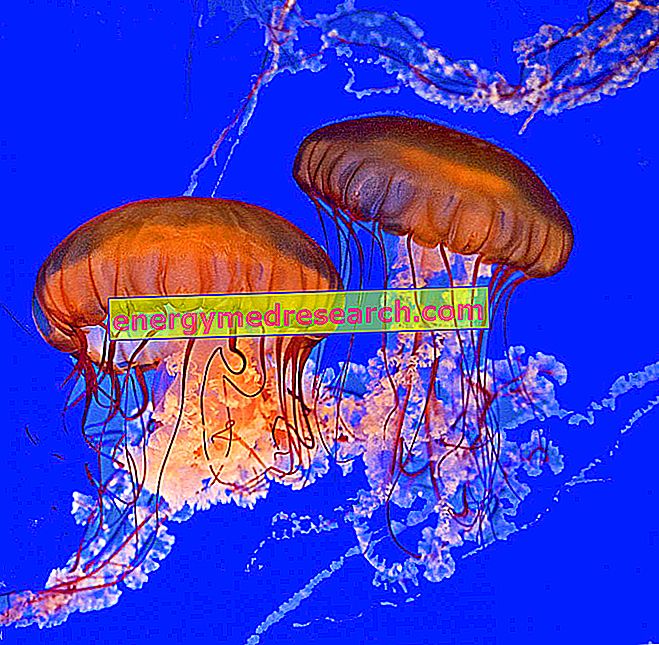Recommended vaccinations Vaccinations performed in dogs are for the following diseases: Distemper : also called " Carrè disease ", it is caused by a virus belonging to the genus Morbillivirus . The subjects most affected are mainly young animals, which show symptoms such as fever, sensory depression (of the sensitive functions), laryngitis and tracheitis (inflammation of the larynx and trachea), cough and sometimes bronchopneumonia.
Category veterinary medicine
The amount of fodder necessary to satisfy the nutritional needs of a cow depends on various factors, first of all the weight of the animal and its physiological situation (for example if it is a cow that breastfeeds, if it lives in the wild, etc.). The quality of the same forage is also very important, understood both as the type of herbs and grains that compose it, and as its residual humidity (% of dry substance)
In January 2014, a curious incident occurred in a German bovine herd, where an apparently inexplicable explosion was generated, reached the headlines. The reason for this explosion? Once again the methane released by the cows during digestion. In fact, this gas probably saturated the environment before releasing its explosive potential due to an electrostatic discharge generated by a machine
Dog lovers will have noticed several times that the gesture of caressing the animal's belly in some points triggers a rapid movement of the legs in it, as if the dog fell prey to a strong itch with an irresistible need to scratch. The reasons for this singular behavior are to be found in the so-called scratch reflection (which in English means precisely scratching)
In the Mediterranean Sea, the main marine animals that can cause problems are jellyfish , sea urchins and some fish (spider fish or trollus and redfish). A close encounter with these marine organisms produces various effects, as different are the harmful substances and the defense techniques activated when they encounter a potential aggressor (sting, contact, etc.).
In case of contact with a tick , it is good to extract it as soon as possible, preferably by contacting a doctor who can remove the parasite without crushing it . Eliminating ticks, in fact, is a very delicate process: you have to grab the parasite with thin tweezers and give a slight rotational movement to detach it
Mosquitoes , while pricking their prey, enter an anticoagulant substance that allows them to suck blood more easily. If they did not inject it, after the penetration of the sting, they would not be able to secure a good blood meal. It is precisely this anticoagulant substance , together with the insect's saliva , which causes discomfort and irritation
In the event of a close encounter with the stinging tentacles of a jellyfish : Do not use fresh water : it could activate the nematocysts left on the skin (stinging structures that jellyfish use to defend themselves), favoring the release of the irritating substances they contain. No even to ice. To rinse the affected part, only sea water should be used, in order to dilute the toxin not yet penetrated
During evolution, many parasites have developed sophisticated strategies to improve their chances of survival. An interesting case is that of the protozoan responsible for toxoplasmosis : Toxoplasma gondii . This parasite, in fact, is able to make rodents of easy prey for the cat, which represents the definitive host of the pathogen
Many wonder how a chick can breathe from inside the egg. The answer is quite intuitive: the "secret" in fact lies in the shell, whose walls are covered with tiny pores that act as real air intakes. Through these micro-cracks the chick is able to take in the necessary oxygen and eliminate carbon dioxide
The Antilocapra ( American antilocapra (Ord, 1815)) is the fastest land animal after the cheetah and by far the fastest on the medium and long distance. Consider that the antelocapra can reach average speeds of 56 km / h on 6 km sections, while in shorter efforts it can reach peaks of up to 90 km / h











